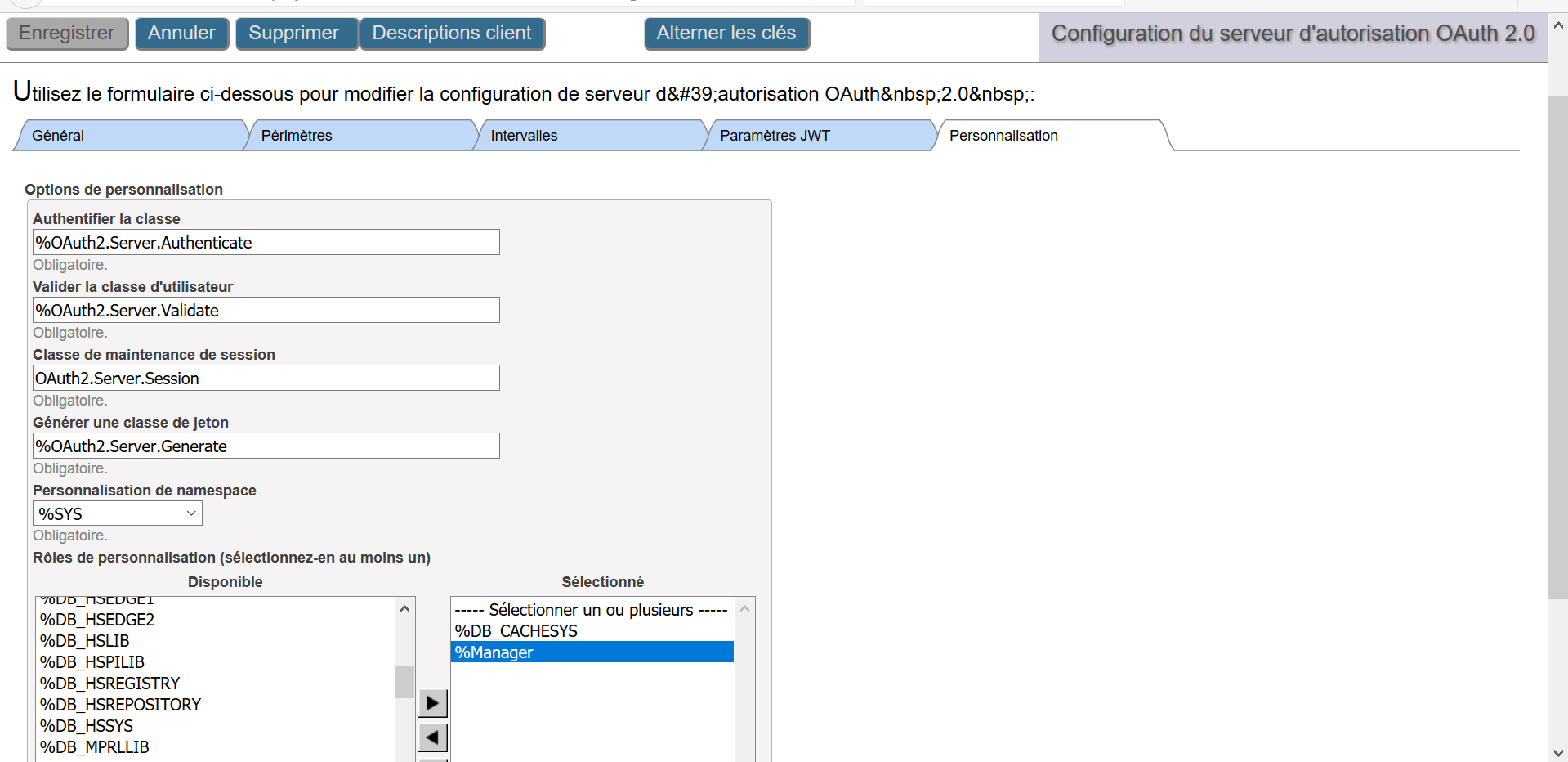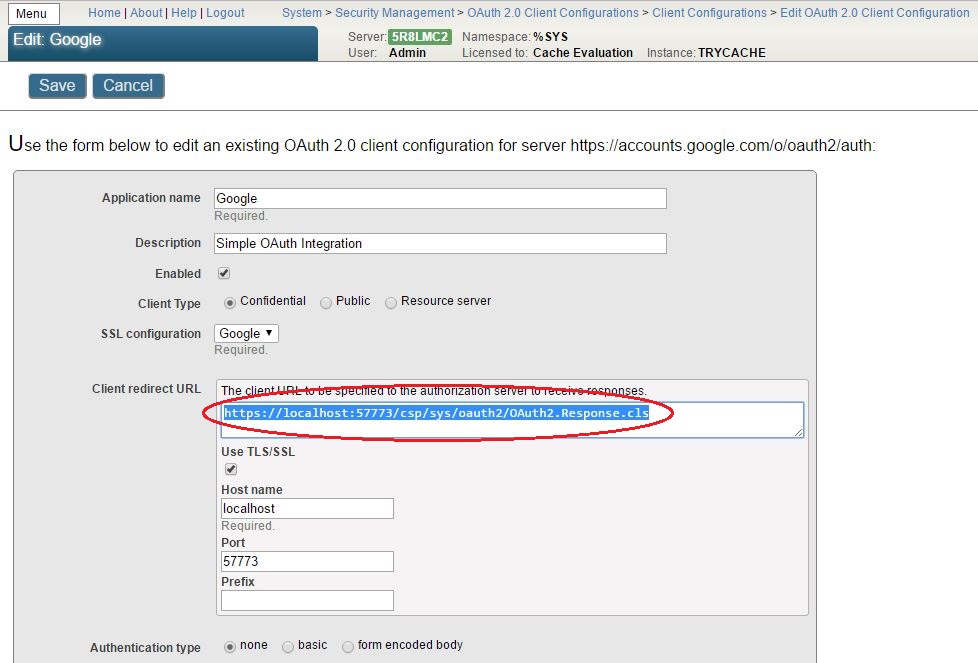This is a series of programming challenges for beginners and experienced Caché programmers.
For an introduction : go to article https://community.intersystems.com/post/advent-code-2016-day1-no-time-t…
The challenge today is about microchips and generators. A microchip belongs to one particular generator, and the two can be on the same floor, or in the same elevator. But if a microchip is with another generator on the same floor or elevator, it will get toasted, except if his own generator is also on the same floor/elevator.



 I unable to change response Class.
I unable to change response Class.
